Coffee is one of the most popular drinks in the world, which has a special place in the daily life of many people due to its unique taste and countless properties. But this is not the whole story and we need to know who should not drink coffee.
Scientific research has shown that moderate consumption of coffee can help improve brain function and increase energy levels. Drinking coffee even reduces the risk of some diseases such as cancer, Heart diseases, Type 2 diabetes and Parkinson’s follows However, like any other substance, too much coffee may have side effects and may not be suitable for some people. In this article, we examine people who should avoid or limit coffee consumption.
1. Pregnant and lactating women
Who should not drink coffee? Pregnant women are at the top of the list. Pregnant and lactating women are more sensitive to it caffeine They should be very careful when consuming coffee body health Protect yourself and the baby.
Effects of coffee on pregnancy
Excessive caffeine consumption during pregnancy can increase the risk of abnormal fetal development abortion lead to Research shows that consuming more than two hundred milligrams of caffeine per day may have serious risks for the fetus. Caffeine is easily transferred to the fetus through the placenta, and the central nervous system of the fetus is still developing, and high caffeine consumption can negatively affect this process.
Breastfeeding and coffee
Caffeine can be passed to the baby through breast milk and may overstimulate the baby’s nervous system. Infant symptoms such as insomnia, irritability, and digestive problems may occur as a result of the mother’s caffeine intake. Therefore, nursing mothers should limit their caffeine intake and avoid drinking large amounts of coffee.
2. People with heart problems
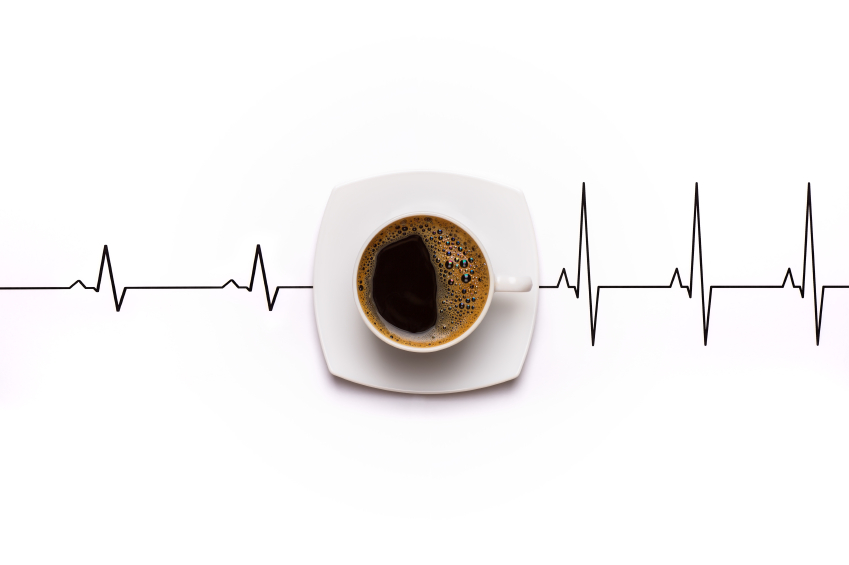
People with heart problems should limit coffee consumption because caffeine can aggravate their heart condition and increase the risk of more serious complications.
The effect of caffeine on the heart
Caffeine in coffee can increase heart rate and raise blood pressure. For people with heart conditions such as arrhythmia, high blood pressure or other heart problems, coffee consumption may pose serious risks. A sudden increase in heart rate and blood pressure can lead to more serious heart problems.
Medical advice
These people should consult their doctor to determine the appropriate amount of caffeine consumption and avoid excessive consumption. Doctors may recommend that caffeine intake be limited to a certain amount or even stopped altogether to prevent heart problems from worsening.
3. People with anxiety or mental disorders
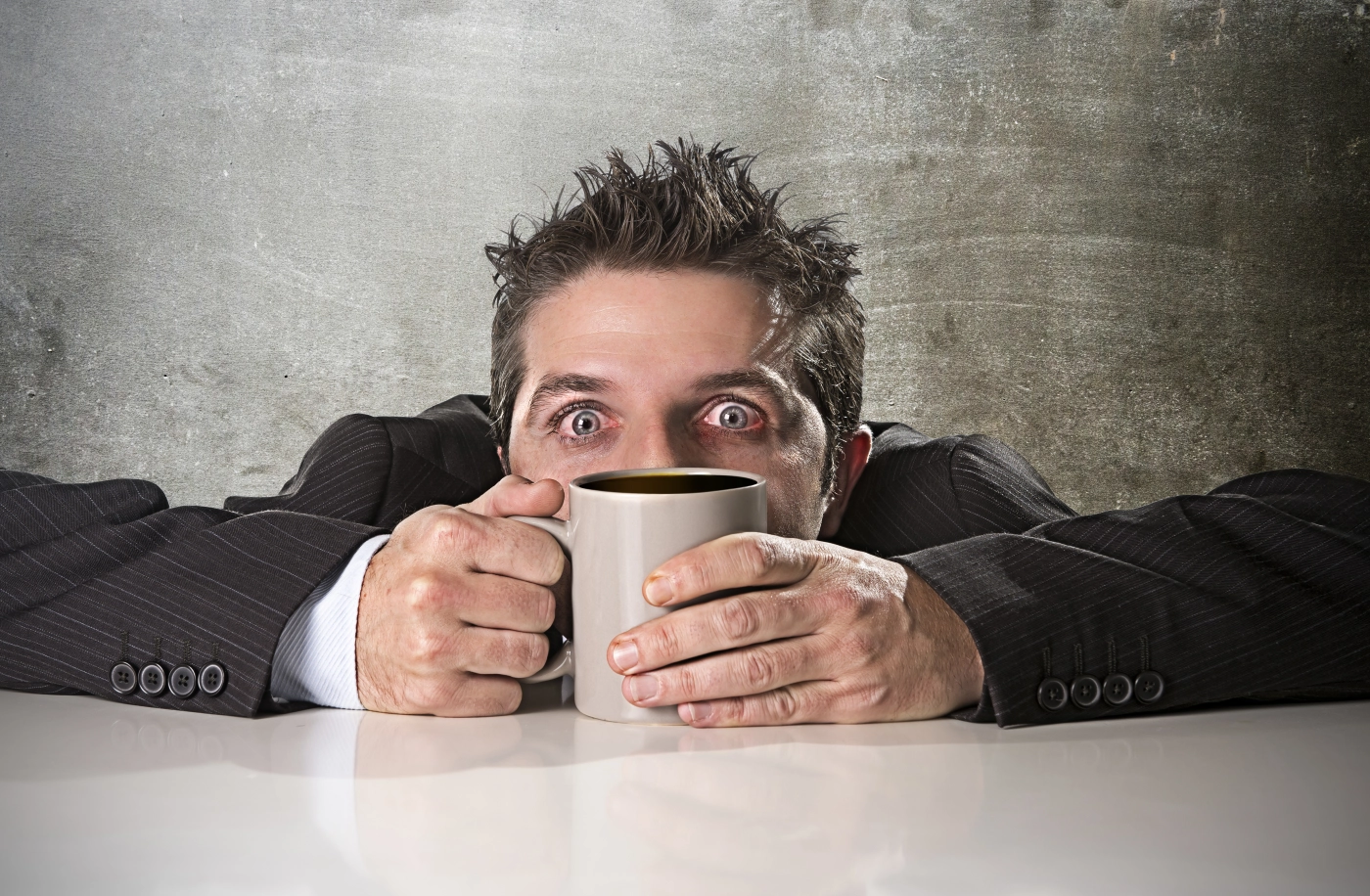
People who suffer from mental disorders such as anxiety or depression should limit coffee consumption because caffeine can aggravate the symptoms of these disorders.
The effect of caffeine on the nervous system
Caffeine can exacerbate anxiety symptoms and cause restlessness, increased heart rate, and excessive worry. For people who suffer from mental disorders such as anxiety, depression, or bipolar disorder, coffee consumption may worsen their condition. Caffeine can affect the chemical balance of the brain and aggravate psychological symptoms.
Consumption management
These people should limit coffee consumption and consult with psychological or psychiatric experts if needed. Non-caffeine alternatives such as herbal teas or decaffeinated drinks can be good options to reduce the negative effects of caffeine.
4. Those with digestive disorders
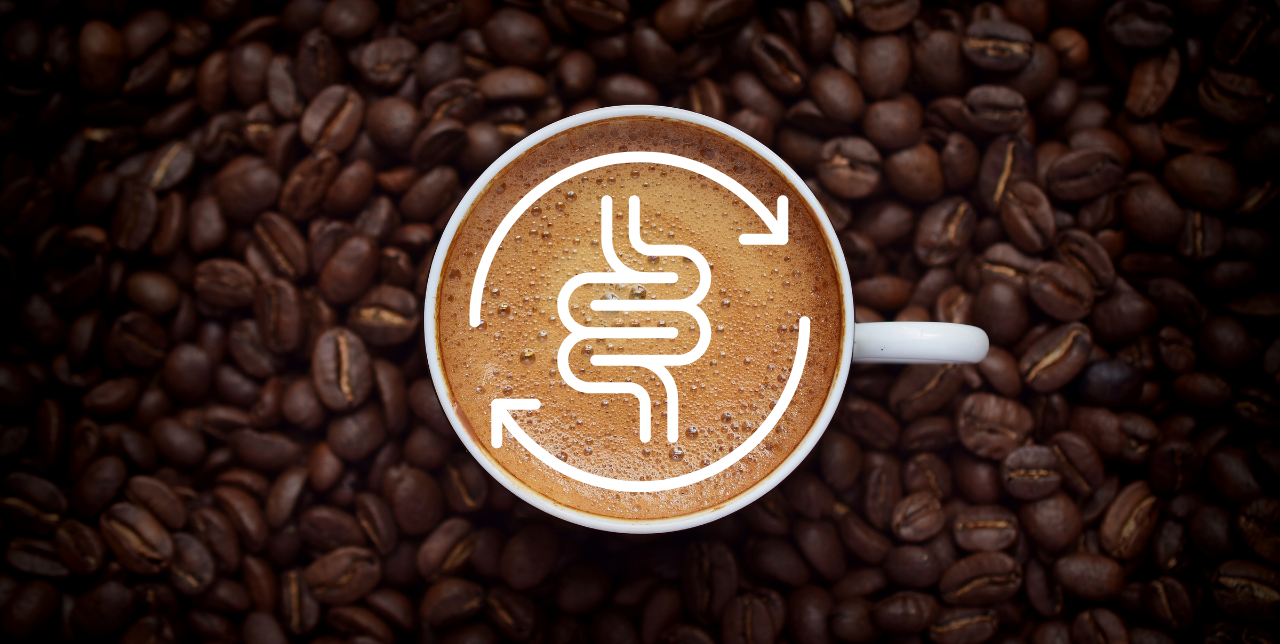
People who suffer from digestive disorders such as peptic ulcers or acid reflux should limit their coffee consumption as coffee can aggravate the symptoms of these disorders.
The effect of coffee on the stomach and intestines
Coffee can irritate the stomach and produce more acid, which may cause problems like irritable bowel syndrome (IBS), stomach ulcer and aggravate acid reflux (GERD). The acid in coffee can irritate the stomach wall and cause uncomfortable symptoms such as pain, burning and upset stomach.
Suggested solutions
People who suffer from this type of disorders should avoid strong and carbonated coffee and use low acid or decaffeinated coffees if necessary. Also, consuming coffee with food can help reduce its negative effects on the stomach.
5. People with kidney problems
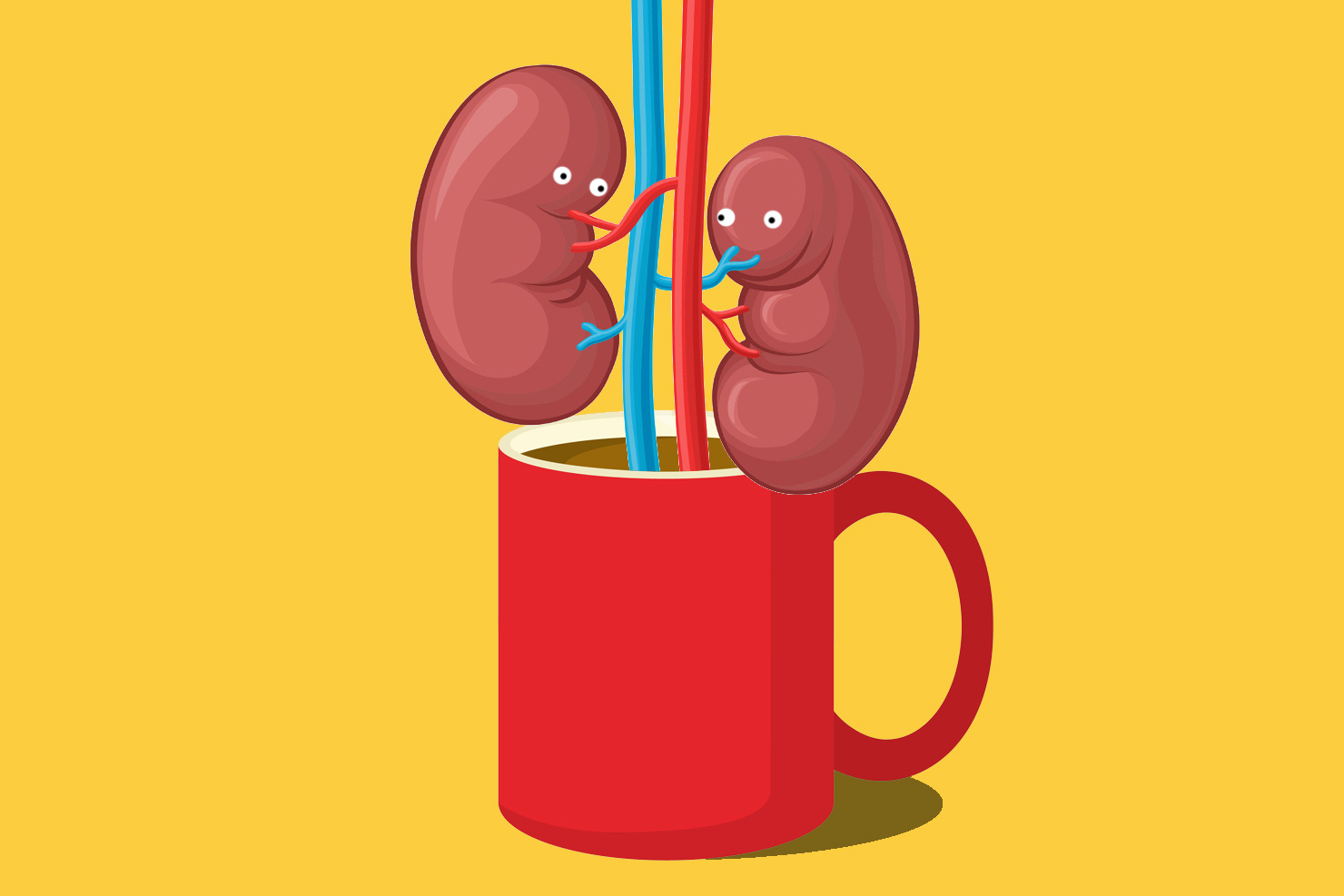
People with kidney problems should limit coffee consumption because caffeine can put extra pressure on the kidneys and aggravate their condition.
The effect of caffeine on the kidneys
Excessive consumption of caffeine can increase blood pressure and overload the kidneys. Caffeine has diuretic properties that can increase urine production and loss of electrolytes, which can be harmful for people with kidney disease.
Medical advice
These people should consult their doctor and consume the right amount of caffeine to avoid side effects. Doctors may recommend that caffeine consumption be reduced to a minimum or even stopped altogether to reduce excess stress on the kidneys.
6. People are allergic to caffeine

Who should not drink coffee? Anyone who is allergic to caffeine. It’s clear as day that those who are allergic to caffeine should avoid coffee to avoid unpleasant symptoms.
Symptoms of caffeine allergy
Some people may be allergic to caffeine and experience symptoms such as headache, nausea, anxiety and insomnia. These symptoms can affect their quality of life and interfere with daily activities.
Alternative solutions
These people can use caffeine-free drinks such as herbal tea, natural juices or non-caffeine drinks to avoid the negative effects of caffeine. Also, researching different types of coffee and choosing options with less caffeine can be helpful.
7. Children and teenagers

Due to the growth and development of their nervous system, children and teenagers should avoid coffee and other caffeinated beverages in order to prevent its negative effects on their health and development.
Effect of caffeine on growth
Children and teenagers have developing nervous systems and caffeine consumption can negatively affect their sleep, concentration and behavior. Increased caffeine consumption in this age group may lead to sleep problems, anxiety, decreased concentration, and mood changes that can affect their studies and social interactions.
General recommendations
Doctors and experts recommend that the consumption of coffee and caffeinated drinks be strictly limited for children and teenagers, and it is better to replace them with healthier drinks. Natural drinks such as water, milk, and natural juices can be good substitutes that do not contain caffeine and contribute to the healthy development of children.
8. People who are addicted to caffeine
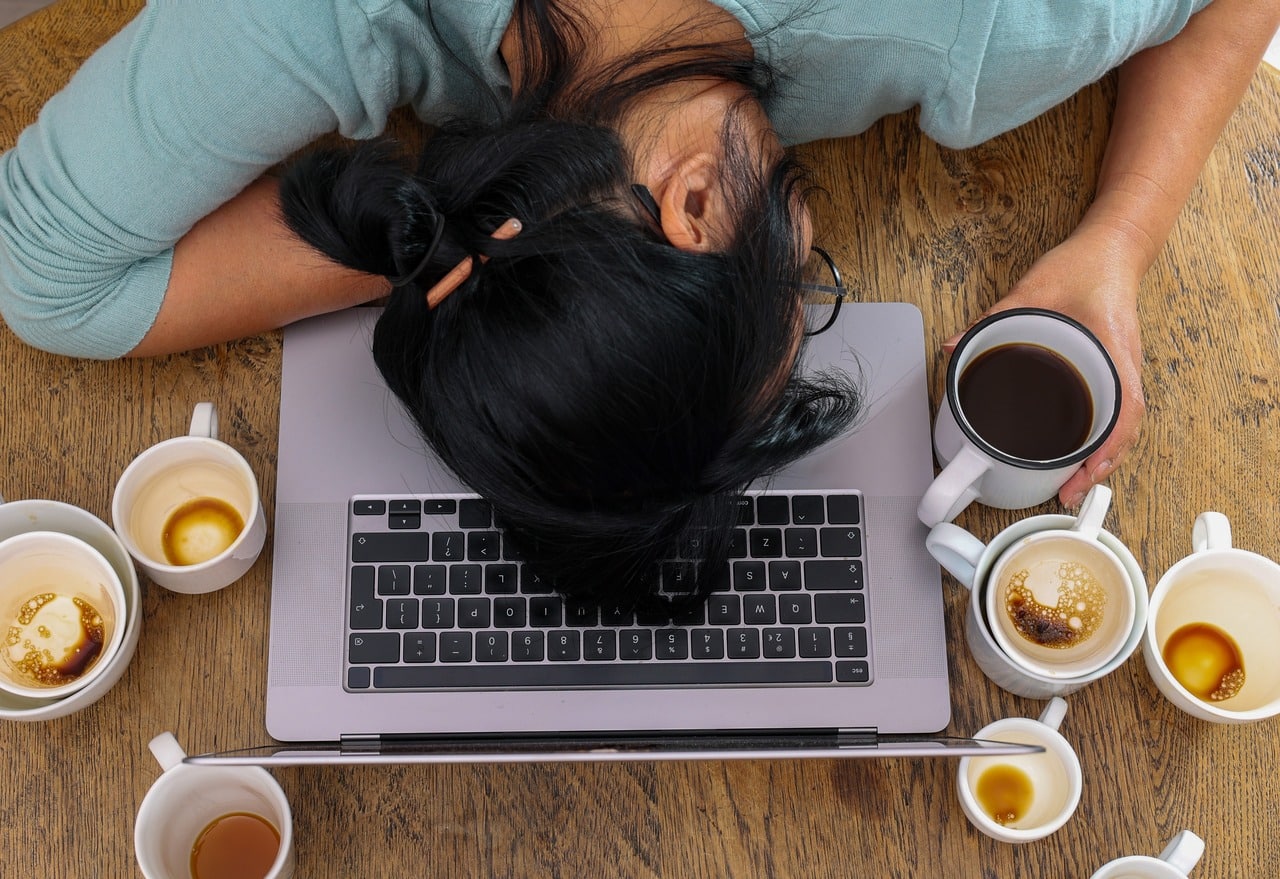
People who are addicted to caffeine should reduce their coffee consumption to avoid withdrawal symptoms and problems related to addiction.
Symptoms of caffeine addiction
Continuous and high consumption of caffeine can lead to physical and psychological dependence. Caffeine withdrawal symptoms include headache, fatigue, irritability and depression. These symptoms can cause people to return to caffeine to relieve the discomfort caused by withdrawal, and the cycle of addiction continues.
Addiction management
People who are addicted to caffeine should try to get rid of this addiction by gradually reducing their consumption and replacing it with non-caffeine drinks. Also, consultation with health and nutrition experts can be helpful in managing caffeine addiction and finding appropriate solutions.
9. People who suffer from sleep disorders
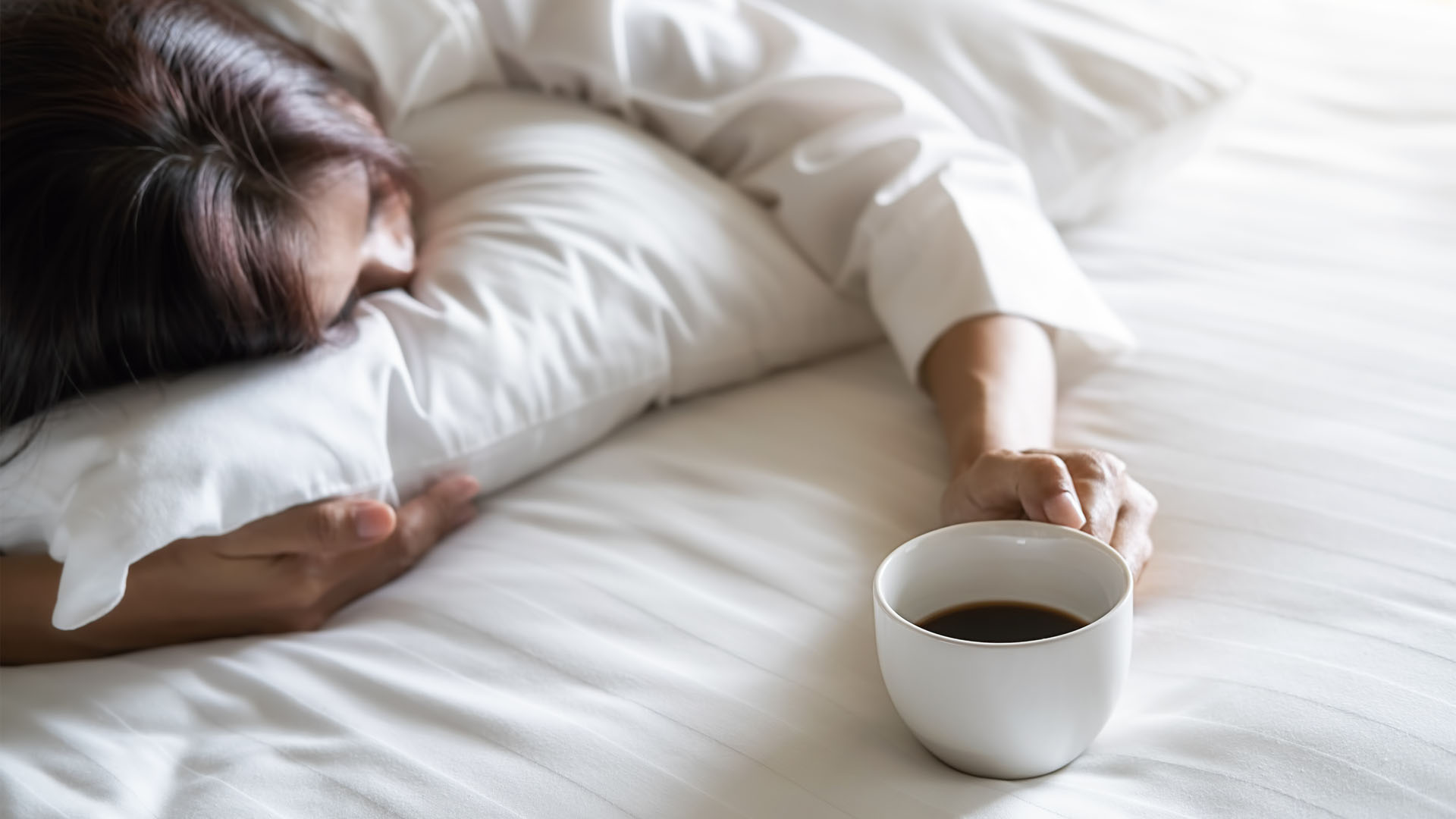
People with sleep disorders should limit coffee consumption, especially at the end of the day, in order to maintain the quality of their sleep.
Effect of caffeine on sleep pattern
Caffeine can remain in the body for several hours after consumption and disturb the sleep pattern. For people who have insomnia or sleep problems, this can cause a decrease in sleep quality, frequent insomnia, and feeling tired during the day.
Suggested solutions
These people should avoid coffee in the afternoon and at night to improve their sleep quality. Also, adjusting the time of coffee consumption and choosing drinks with less caffeine at the end of the day can help improve sleep patterns.
10. People who take certain medications
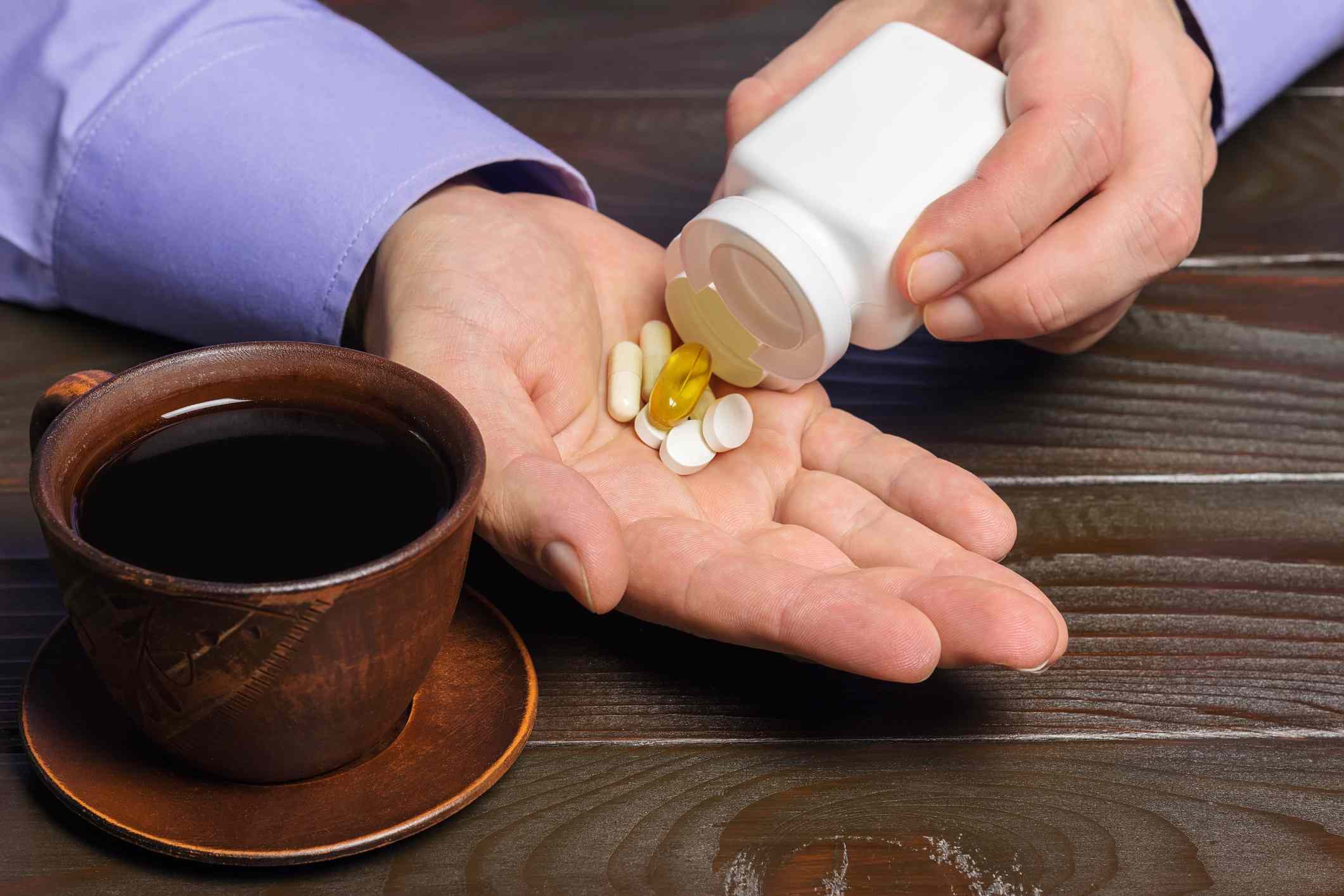
People taking certain medications should be careful because caffeine can interact with some medications and cause unwanted side effects.
The interaction of caffeine with Medicines
Caffeine can interact with a variety of medications, including:
- Antidepressants: The simultaneous use of caffeine with some antidepressants can increase the symptoms of anxiety and heart palpitations.
- Antibiotics: Some antibiotics, such as ciprofloxacin, can reduce the rate of caffeine metabolism, which leads to increased levels of caffeine in the body and increased side effects.
- Anticoagulants: Caffeine can reduce the effect of anticoagulants and increase the risk of bleeding.
- Heart medicationsCaffeine can interact with heart medications such as beta blockers and weaken their effects.
- Anti-anxiety drugs: Taking caffeine with anti-anxiety drugs can reduce the sedative effects of the drugs.
Medical advice
People who take certain medications should consult their doctor before consuming coffee. Doctors can advise whether coffee is safe for them to drink and adjust the amount of caffeine if needed. Also, it may be recommended to adjust the time of coffee and medications to avoid possible interactions.
What should we eat instead of coffee?
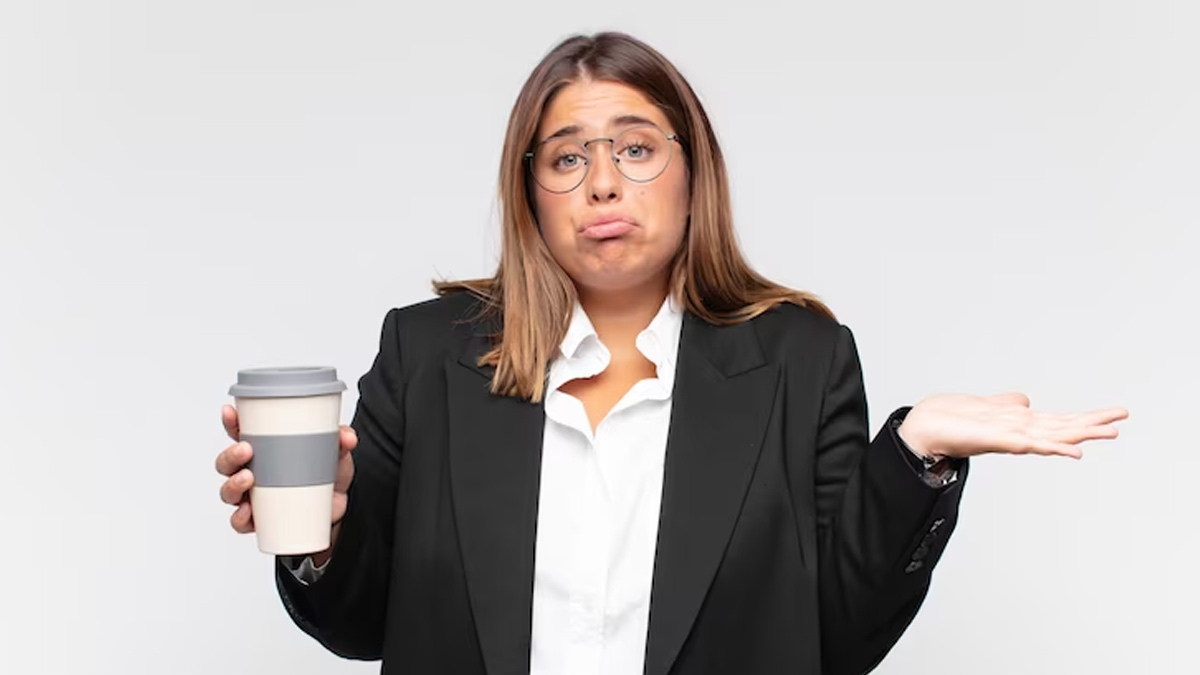
Now that we know who should not drink coffee, what should we do? For those who cannot give up coffee, using low-caffeine or caffeine-free versions of coffee can be a good option. Also, balance in everything is key to maintaining health and improving quality of life. By knowing the different effects of coffee on the body and adjusting the amount of consumption based on individual needs and conditions, you can enjoy the benefits of coffee without harming your health.
Who should not drink coffee?
Despite its many benefits, coffee is harmful to some and should be consumed with caution. Pregnant and lactating women, people with heart problems, those suffering from anxiety or mental disorders, people with digestive disorders, kidney problems, caffeine sensitivity, children and teenagers, people with caffeine addiction, those suffering from sleep disorders and people who take certain medications should limit or avoid coffee.
In any case, before making major changes to your diet, it is recommended to consult a doctor or nutritionist to make the best decision for your health.
Frequently asked questions about who should not drink coffee
1. Can drinking coffee harm someone?
Yes, coffee consumption is harmful for some people. Coffee, especially those with heart, digestive, or mental problems, pregnant and lactating women, children and teenagers, and people taking certain medications. It is better to consult a doctor before changing the pattern of coffee consumption.
2. Can I use tea instead of coffee?
Yes, herbal teas or teas with less caffeine can be good substitutes for coffee. These drinks usually have less effects on the nervous system and are more suitable for those who are sensitive to caffeine.
3. Can decaffeinated coffee be harmful?
Decaffeinated coffee usually has less caffeine and is safer for most people. However, some people may be allergic to other components of coffee, so it should still be used with caution.
4. How much coffee per day is suitable for healthy people?
For healthy people, moderate coffee consumption is usually safe. It is usually recommended to limit caffeine consumption to a maximum of 200 to 300 mg per day. This amount is equivalent to about two to three cups of regular coffee.
5. Can coffee cause weight loss?
Some studies have shown that there is a relationship between Coffee and slimming there is Caffeine can increase the body’s metabolism and help lose weight. However, its effectiveness is limited and should not be used as the only way to lose weight. A balanced diet and regular exercise are more important.
6. Can coffee increase anxiety?
Yes, the caffeine in coffee can exacerbate anxiety symptoms and cause excessive restlessness and worry, especially in people who are prone to anxiety or suffer from mental disorders.
7. Can drinking coffee disrupt sleep?
Yes, the caffeine in coffee can remain in the body for several hours after consumption and disrupt sleep patterns. Therefore, it is better to avoid coffee at the end of the day to have a better sleep. If any of Types of sleep disorders consult your doctor before consuming coffee.
8. Can coffee interact with medications?
Yes, the caffeine in coffee can interact with some medications and cause unwanted side effects. People who take certain medications should consult their doctor before consuming coffee.
Source Link
